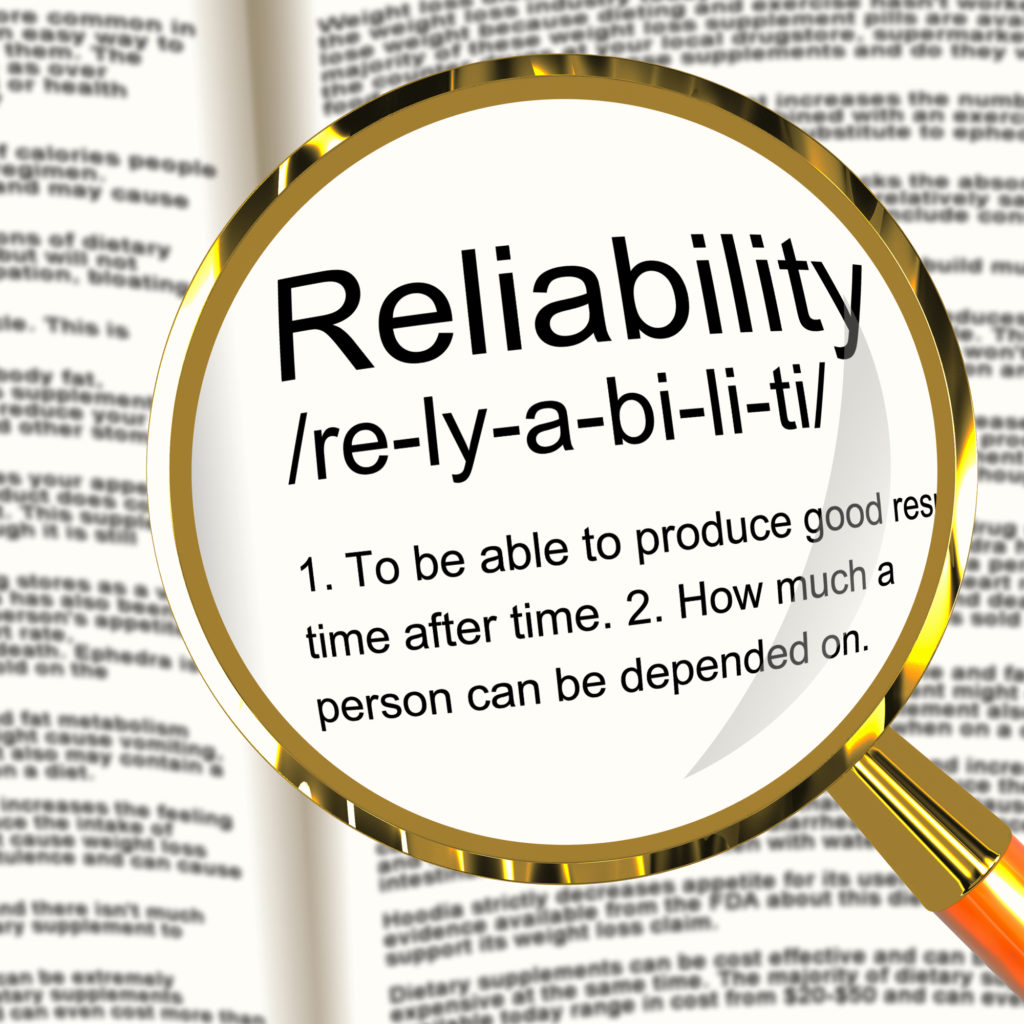17 07 2018
Policy and Procedure Documents Without Tears
If you are a professional writer in a corporate setting, and are extremely unlucky, you may be called upon to write policy and procedure (P&P) documents.
This is actually a good thing, for the company if not for you.
Read More
13 12 2017
The Flavours of English
In the 1964 movie My Fair Lady, excruciatingly British phonetics professor Henry Higgins worries about the fate of the English language. “In America,” he observes, “they haven’t used it for years.”
Read More
Journalists, academics, and Wikipedia contributors have widely varying abilities to put together coherent sentences, but they all know this: Unless it’s a firsthand account, something stated as a fact, without a source to back it up, is merely an opinion.
Read More
Have you ever been reading something and reached the end of a sentence, then had to start reading the sentence again because you forgot what it was about? Do you think it was simply because it was a long sentence? Or were there other reasons?
Read More
If you’re like most professional writers, you avoid any math more complicated than balancing your checkbook. You might not even do that anymore, since you can just check your bank balance on your phone. A math-free life—how great is that?
Read More
28 09 2016
Breaking All Some of the Rules
The grammar police nabbed me recently. A client whose academic paper I was editing objected to one of my corrections. He pointed out that in a sentence where the subject is in the form “Not only…but also,” the verb must agree with the noun in the “but also” part.
Example: “Not only language ninjas but also Rocky Mountain English professors know this rule” and “Not only the Language Ninja, but also the Rocky Mountain English Professor knows this rule” are correct, but “Not only language ninjas, but also the Rocky Mountain English Professor know this rule” is not.
Read More
There is almost nothing as metaphorically, if not physically, painful as watching two people who don’t know what they’re talking about try to explain something to each other.
Read More
It’s fairly safe to say that no one knows how to write humor. The great modern humor essayists – Dave Barry, P. J. O’Rourke, and the late Lewis Grizzard and Erma Bombeck, among many others –do it naturally, instinctively knowing just what turn of phrase and clever irony readers will find funny, but they probably couldn’t even begin to explain how they do it. People who are not great humor writers, obviously, don’t know either.
Read More
There was a time, in the not-too-distant past, when technical writing as a profession held a comfortable, well-established place in the development of products and software. At least, among mature organizations who understood the value that a technical writer brings to the process. Particularly in the software industry, technical writers could count on a fairly predictable routine that coincided with a development cycle that (usually) provided ample time to write 500-page user manuals, plus the online help topics.
Read More
20 10 2015
Don’t Be a Freakin’ Idiom
Upon receiving my edits on an academic paper recently, the author—a non-native English speaker—questioned why I had changed “for reason of” to “for reasons of,” when there was only one reason cited in that sentence. It was a reasonable question for which I didn’t have a good answer, except that “for reasons of” is much more commonly used in English and therefore “for reason of” just doesn’t look right. Knowing this explanation would be wholly unsatisfying, I then suggested “because of” as an alternative, which probably is what I should have changed it to in the first place.











